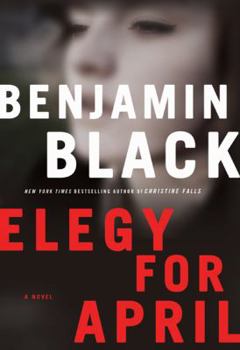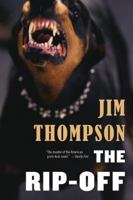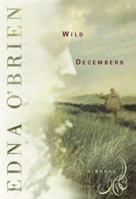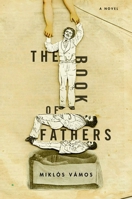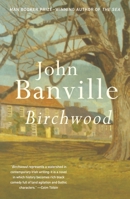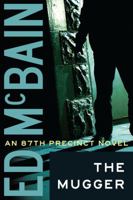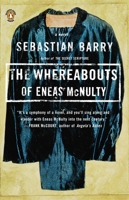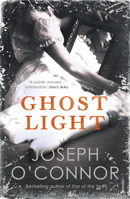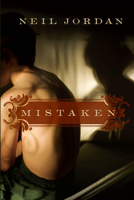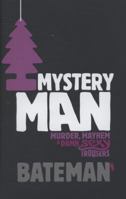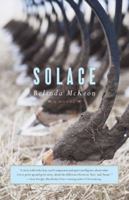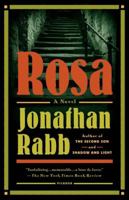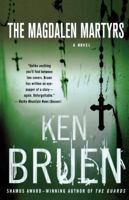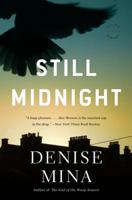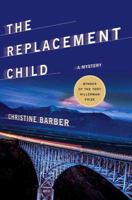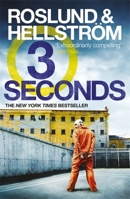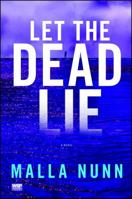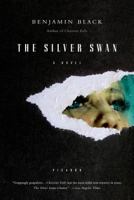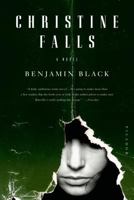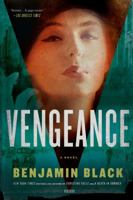You Might Also Enjoy
Book Overview
Customer Reviews
Rated 5 starsA splash of Jameson in a cut-glass tumbler...
For optimum reading pleasure, please read Benjamin Black's CHRISTINE FALLS and THE SILVER SWAN, the earlier Quirke mysteries, and save ELEGY FOR APRIL for dessert!! To the reviewer who found the book DEAR AND DIRTY...BUT DRAB, I disagree. The prose, atmosphere and characterizations were so literate and fascinating. The best Quirke yet! Banville/Blackman knows his main subject well---1950's Dublin. And he has his characters...
0Report
Rated 5 starsDALTON DAZZLES WITH THIS READING - AUDIO REVIEW
Perhaps best known to American audiences for his portrayals of James Bond in The Living Daylights and License to Kill, Timothy Dalton is a classically trained Shakespearean actor blessed with a resonant, deep voice. His enunciation is, of course, beyond perfection as are the nuances he brings to his audio performance. Now, give him a Dublin based story to narrate and you believe you've been transported to Ireland. As...
0Report
Rated 5 starsMore lousy weather in Ireland
I think that the Irish tourism bureau should have a long and hard discussion with the authors of thrillers located in Ireland. From Ken Bruen to Benjamin Black, among others, the stories always weem to take place in miserable weather. Not the kind of ads the country would want to attract tourists! Anyway, this is another excellent book in the Quirke series (I've read, and thoroughly enjoyed, the other two). Once again our...
0Report
Rated 5 starsHow love turns to obsession
Family ties, as a verb, here. Fog shrouds Dublin, secrets shame, and again intimacy curdles into revenge, hatred, and murder. "Christine Falls" I liked better for its characters and mood than its rather mundane, if convoluted, plot. I favored "The Silver Swan" for its more exotic touches, and its elaborated focus on Quirke's battle with the bottle. (In this and in the evocation of portside Irish cities, it reminds me of Ken...
0Report
Rated 5 starsIn A Melancholy Mood
I have been anxiously waiting for another Benjamin Black novel featuring the inimitable Quirke. These books stand quite alone in their depiction of Dublin of the 50s and of a man of a similar age who is both honorable and lost. This time out, Quirke and his daughter Phoebe (who is still feeling her way into daughterhood) take on the matter of the disappearance of Phoebe's friend April. It is a moody piece, with moments of...
0Report











